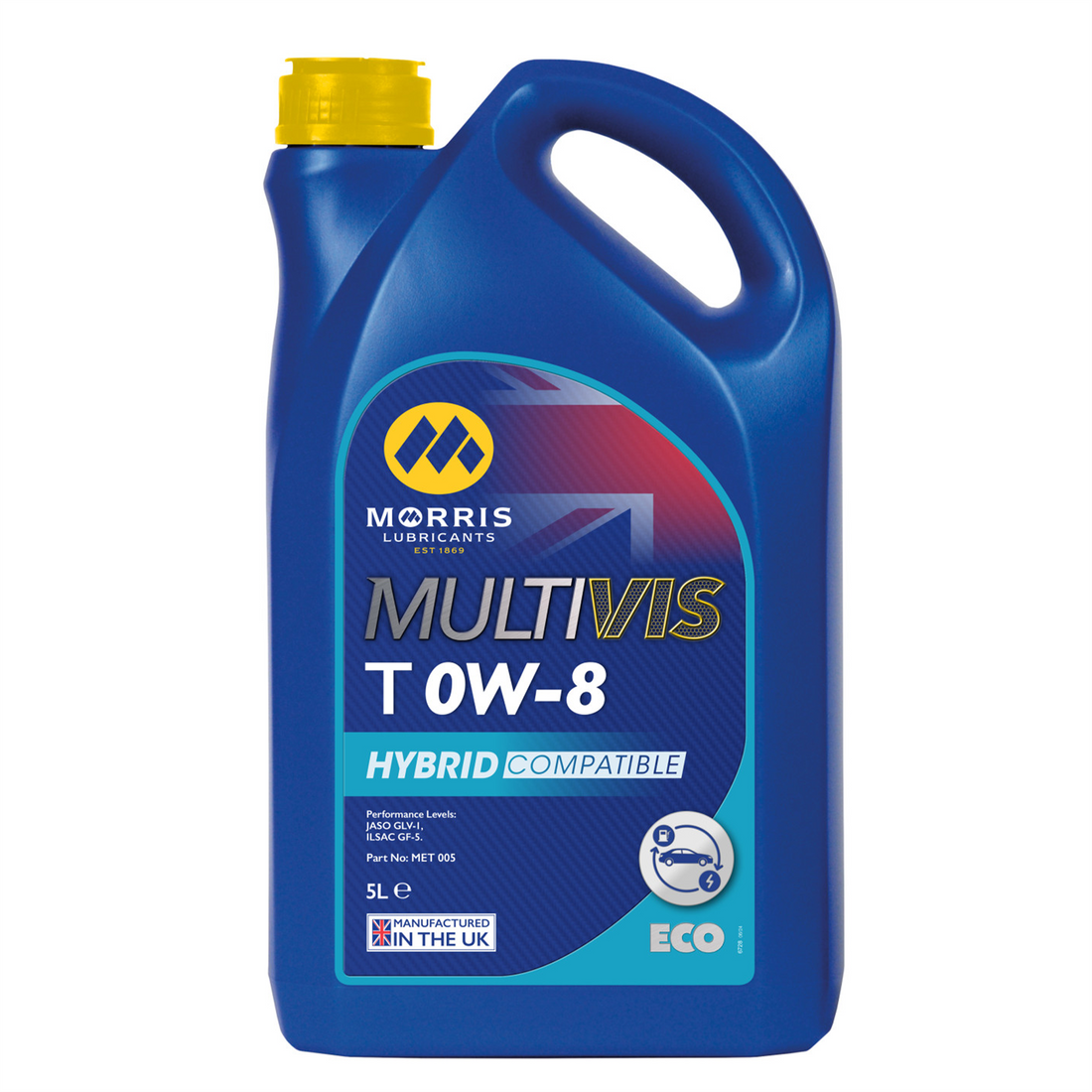
The Future of Engine Efficiency
Introducing 0W-8 Engine Oil:
In the quest for better performance, enhanced fuel efficiency, and reduced emissions, the automotive industry has consistently innovated. One of the most exciting advancements in this realm is the introduction of 0W-8 engine oil — a revolutionary formulation that’s rewriting the rules of lubrication and efficiency.
What is 0W-8 Engine Oil?
0W-8 engine oil is a next-generation ultra-low viscosity lubricant designed to meet the demands of modern engines. The “0W” indicates excellent flow properties even in extreme cold, while the “8” represents its viscosity at operating temperature, making it one of the thinnest engine oils available on the market.
Why 0W-8 is a Game-Changer
The development of 0W-8 is a direct response to evolving automotive trends. With the rise of downsized turbocharged engines, hybrid powertrains, and stricter emission regulations, engines now require lubricants that can deliver exceptional performance under intense conditions. Here’s how 0W-8 engine oil excels:
-
Enhanced Fuel Economy: Its ultra-low viscosity minimizes internal engine friction, allowing engines to operate more efficiently and consume less fuel.
-
Better Emissions Performance: By reducing friction and improving combustion efficiency, 0W-8 contributes to lower carbon dioxide (CO2) and other greenhouse gas emissions.
-
Superior Engine Protection: Despite being incredibly thin, 0W-8 provides robust lubrication and wear protection, thanks to advanced additive technology.
-
Adaptability to Modern Engines: Today’s high-performance engines are designed for precise tolerances and higher operating pressures, making 0W-8 the ideal lubricant to keep components running smoothly.
Who Should Use 0W-8 Engine Oil?
While 0W-8 offers impressive benefits, it’s essential to know whether it’s the right fit for your vehicle. This oil is typically recommended for:
-
Newer Models: Many automakers are now designing engines specifically optimized for ultra-low viscosity oils like 0W-8.
-
Hybrid Vehicles: With their frequent stop-start cycles and electric motor integration, hybrids benefit from the efficiency and protection of 0W-8.
-
Eco-Conscious Drivers: If reducing your carbon footprint is a priority, switching to 0W-8 can be a step in the right direction.
Considerations Before Making the Switch
Before transitioning to 0W-8 engine oil, it’s crucial to consult your vehicle’s owner’s manual or a trusted mechanic. Not all engines are designed to handle ultra-low viscosity oils, and using the wrong type could lead to performance issues or even damage.
The Future of Engine Lubrication
As vehicle technology continues to advance, so too will the oils that keep them running. 0W-8 represents a significant leap forward in automotive engineering, offering a glimpse into a future where efficiency and performance coexist seamlessly. Automakers and oil manufacturers are already collaborating to bring this innovation to the forefront, and its adoption is expected to grow rapidly in the coming years.
Conclusion
0W-8 engine oil isn’t just a lubricant; it’s a key player in the evolution of cleaner, more efficient transportation. Whether you’re a tech-savvy car enthusiast or a driver looking to maximize your vehicle’s potential, 0W-8 could be the solution you’ve been waiting for. As always, stay informed and make choices that align with your vehicle’s needs and your sustainability goals.
The future is here, and it’s flowing smoother than ever — thanks to 0W-8 engine oil.
